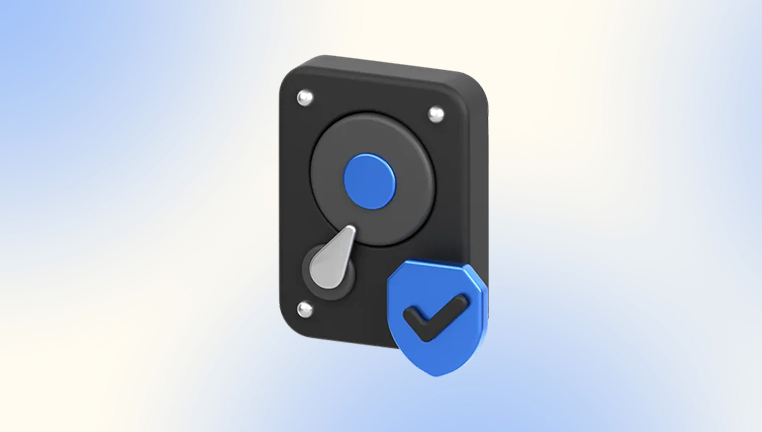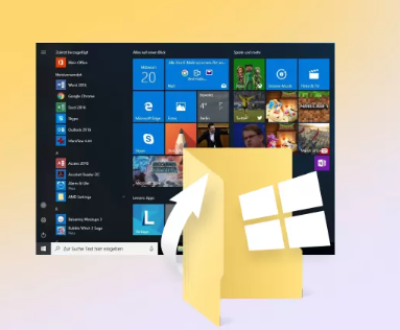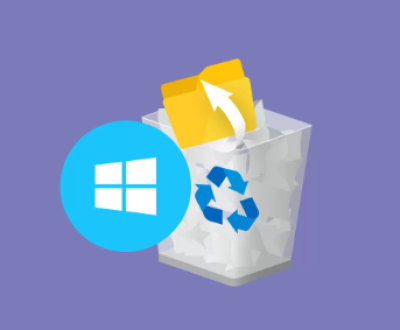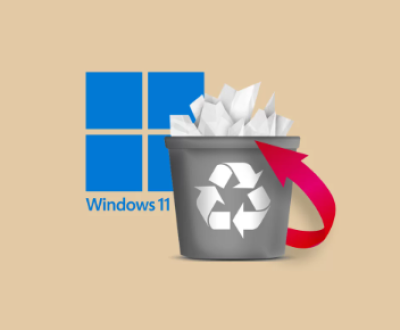Hitachi, now part of Western Digital under the HGST brand, is known for producing durable and high-performance hard disk drives. However, even the most reliable drives are not immune to failure, corruption, or human error. When you suddenly discover that files on your Hitachi hard disk are missing, corrupted, or inaccessible, panic often follows.
Chapter 1: Hitachi Hard Drives
A Brief History
Hitachi entered the hard drive market in the early 2000s and later merged its storage division with Western Digital. The brand HGST (Hitachi Global Storage Technologies) is commonly found on many devices and is recognized for performance and reliability.

Types of Hitachi Drives
Internal HDDs: Found in desktops, laptops, and servers.
External HDDs: Portable storage solutions.
Enterprise Drives: Used in RAID systems and data centers.
These drives may vary in capacity and interface (SATA, SAS), but their recovery methods share many similarities.
Chapter 2: Common Causes of Data Loss in Hitachi Hard Drives
Understanding the cause of data loss is the first step in selecting the right recovery method.
1. Accidental Deletion
Deleting files unintentionally or formatting the drive without a backup.
2. File System Corruption
Issues in the partition or file system (NTFS, FAT32. exFAT) can render files inaccessible.
3. Drive Formatting
Reformatting or repartitioning the drive without realizing important data was on it.
4. Bad Sectors
Physical sectors on the hard disk become unreadable, affecting stored data.
5. Virus/Malware Infection
Ransomware or malicious programs can hide, corrupt, or delete files.
6. Physical Damage
Shock, overheating, water, or electrical surges can damage internal components.
7. Firmware Corruption
The internal software that controls the drive may fail, rendering it inoperable.
Chapter 3: Signs of a Failing or Corrupt Hitachi Hard Drive
Before a total failure occurs, look out for these warning signs:
Clicking or grinding noises
Slow read/write speeds
Files disappearing or failing to open
“Drive not recognized” errors
System hangs during boot-up
Frequent crashes or freezes when accessing the drive
Chapter 4: Initial Steps Before Recovery
Before you rush into recovery, take these precautionary measures:
1. Stop Using the Drive Immediately
Continued use may overwrite deleted files or worsen physical damage.
2. Determine the Type of Failure
Is it a logical issue (e.g., file deletion) or physical (e.g., clicking noises)?
3. Make a Clone or Disk Image
Use software like ddrescue or Clonezilla to make a sector-by-sector image of the failing drive. Work on the clone to preserve the original.
Chapter 5: DIY Data Recovery for Hitachi Hard Drives
DIY recovery is suitable for logical errors (deleted files, lost partitions). Here’s how to proceed:
Step 1: Connect the Drive to a Working Computer
Use a SATA-to-USB adapter or dock if it’s an internal drive. Ensure your OS recognizes the drive.
Step 2: Use Data Recovery Software
Panda Data Recovery
Panda Data Recovery offers reliable and efficient solutions for recovering lost or inaccessible data from Hitachi hard disk drives. Whether your drive has suffered logical damage such as accidental deletion, formatting, or partition loss, or physical issues like mechanical failure or firmware corruption, Panda Data Recovery has the tools and expertise to help you recover your files quickly and safely.
Hitachi hard drives are known for their durability, but like all storage devices, they can fail due to wear and tear, electrical surges, or user error. When data loss strikes, it’s essential to act fast and avoid further use of the affected drive to prevent overwriting recoverable data. Panda Data Recovery provides specialized services tailored to Hitachi models, including internal and external HDDs.
The recovery process begins with a thorough analysis to determine the cause and scope of the data loss. Panda’s technicians then apply advanced software and cleanroom technology (for physical damage) to extract data securely. From personal photos and documents to business-critical databases, they handle a wide range of file types and storage formats.
Clients can benefit from Panda’s “no data, no fee” policy, ensuring peace of mind throughout the recovery process. Additionally, all data handling is conducted with strict confidentiality and data protection standards.
Step 3: Scan and Preview
Initiate a deep scan on the Hitachi drive. Wait for the scan to complete and preview recoverable files.
Step 4: Recover to a Safe Location
Always recover to a different drive—not the one being recovered—to avoid overwriting data.
Chapter 6: Advanced Techniques – Hitachi HDD Partition and RAW Recovery
Recover Lost Partitions
Software like TestDisk can rebuild lost partitions and restore data structures.
TestDisk Steps:
Run the tool and select the drive.
Choose “Analyse” to scan for lost partitions.
Let it search for partition structures.
Save and write the correct partition table.
Reboot and check if data is accessible.
Fix RAW File System
A RAW drive is inaccessible due to file system corruption.
Solutions:
Use CHKDSK:
bash
CopyEdit
chkdsk X: /f
Replace X with your drive letter. Use with caution.
Use recovery software like DiskGenius or MiniTool to extract data before reformatting.
Chapter 7: Recovering Data from a Physically Damaged Hitachi Hard Drive
Signs of Physical Damage
Drive not spinning or being recognized
Loud clicking or grinding noises
Burning smell or visible board damage
Do NOT Attempt DIY Physical Repair
Opening a drive outside a cleanroom can cause irreversible damage due to dust contamination. Avoid:
Freezer tricks
PCB swaps without diagnosis
Tapping or banging the drive
Professional Recovery Services
When physical damage is suspected, contact a certified data recovery service with cleanroom facilities.
In Portugal, Spain, and other EU countries, services may include:
Free diagnostics
“No data, no fee” policies
Secure facilities and confidentiality
Prices range from €500 to €3000+ depending on severity and drive type.
Chapter 8: RAID Arrays and Enterprise Hitachi Drive Recovery
Hitachi drives are common in RAID setups for businesses. RAID failures may occur due to:
Multiple disk failures
RAID controller errors
Accidental reconfiguration
DIY RAID Recovery Tools:
R-Studio Technician
UFS Explorer RAID Recovery
However, RAID recovery is complex and best handled by professionals if critical data is at stake.
Chapter 9: Data Recovery on macOS and Linux Using Hitachi Drives
macOS
If your Hitachi drive was formatted in HFS+ or APFS:
Use Disk Drill for Mac or Stellar Data Recovery for Mac
If unmountable, check with Disk Utility and run First Aid
Linux
Use open-source tools:
PhotoRec: Excellent for raw file recovery
ddrescue: Clone failing drives
Extundelete: Recover from ext3/ext4 file systems
Chapter 10: Preventing Future Data Loss on Hitachi Drives
1. Regular Backups
Use 3-2-1 strategy:
3 copies, 2 types of media, 1 offsite/cloud.
2. Monitor Drive Health
Use CrystalDiskInfo or Hard Disk Sentinel to track S.M.A.R.T. attributes.
3. Avoid Overheating and Power Surges
Keep drives ventilated and connected to surge-protected power sources.
4. Handle with Care
Use padded cases for external drives. Never disconnect a drive while data is being written.
Chapter 11: Choosing the Right Data Recovery Service
When you need expert help:
What to Look For
Free diagnosis and quote
Certified cleanroom (ISO Class 5 or higher)
Positive reviews and proven success
Secure handling and confidentiality
About us and this blog
Panda Assistant is built on the latest data recovery algorithms, ensuring that no file is too damaged, too lost, or too corrupted to be recovered.
Request a free quote
We believe that data recovery shouldn’t be a daunting task. That’s why we’ve designed Panda Assistant to be as easy to use as it is powerful. With a few clicks, you can initiate a scan, preview recoverable files, and restore your data all within a matter of minutes.

 Try lt Free
Try lt Free Recovery success rate of up to
Recovery success rate of up to









